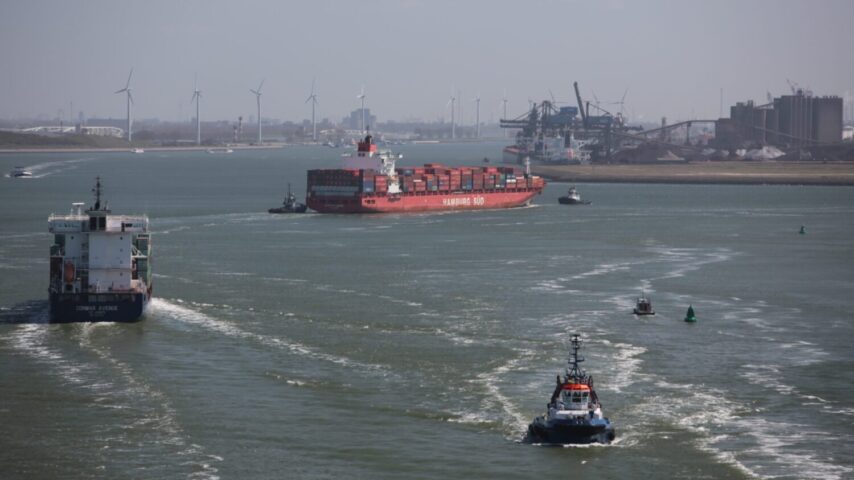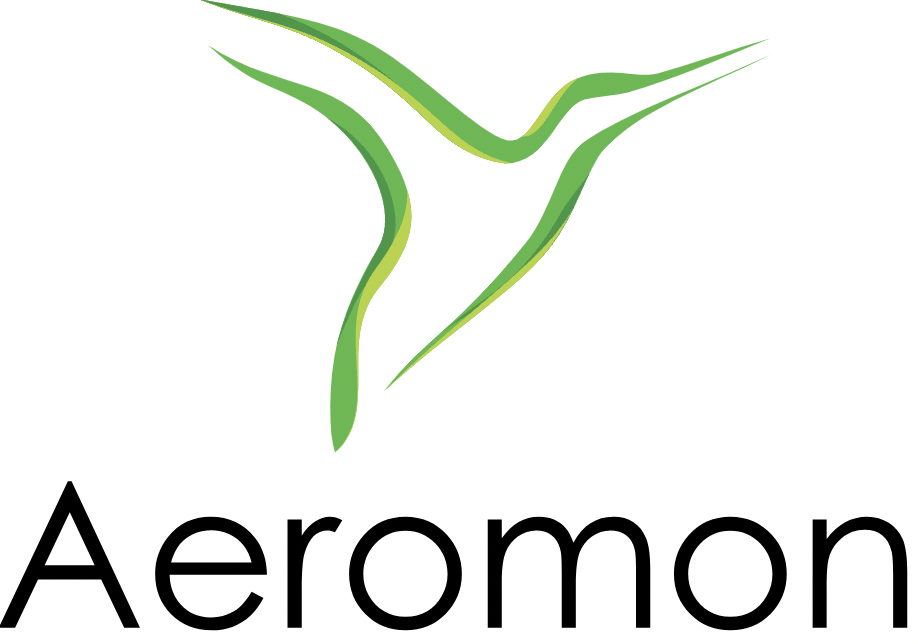New EU regulation for shipping emissions to comply with climate objectives


📸 Port of Rotterdam by Bernd Dittrich
European regulation on the monitoring, reporting and verification of emissions is changing; the scope of Regulation (EU) 2015/757 will be amended.
Until now, this regulation only contained standards for the monitoring, reporting and verification of CO2 emissions for large ships (above 5000 gross tonnage). Now the regulation also includes other types of greenhouse gas (GHG) emissions and has expanded to smaller vessels.
Initial goal and focus of the regulation
The objective of this regulation is to provide rules that are necessary for an extension of the European Union Emission Trading System (EU ETS) to maritime transport activities. Emission trading systems allow innovative companies with low emissions to sell their emission rights to companies that pollute more than they are allowed to.* The goal to provide standards for the EU ETS, cannot be sufficiently achieved by countries on their own (so called “Member States”), but can better be achieved at Union level. Therefore, this EU regulation initially came into place.
The regulation builds on a report of the Intergovernmental Panel on Climate Change (IPCC)** that finds that global warming can only be limited to 1,5 °C if strong and sustained reductions in global greenhouse gas emissions within this decade are immediately undertaken. Therefore, this regulation aims to contribute to significantly lowering emissions. Practices of monitoring, reporting and verification result in gathering more insights into emissions, which is a prerequisite for making grounded policies on emission reduction.
To draw conclusions about a company’s emissions, not the yearly emissions of a ship are used, but rather the shipments that are made on the instruction of a certain company. This means that reporting happens at a company-level and not on (individual) ship-level.
Changes made to the regulation – more types of GHG-emissions and expanded to smaller vessels
The regulation is amended to comply with the increased climate objectives of the European Union as well as the objectives of the Paris Agreement**. The changes in this regulation will lead to including more types of greenhouse gases and will apply to smaller vessels as well. More specifically, some of the changes in the regulation include:
- Adding methane (CH4) and nitrous oxide (N2O) emissions that represent a relevant share of greenhouse gas emissions from maritime transport to the regulation, from 2024 onwards. This comes in addition to the current regulation for solely carbon dioxide (CO2).
- Adding general cargo ships below 5000 gross tonnage (but not below 400 gross tonnage) to the regulation, from 2025 onwards.This comes in addition to applying the regulation to the cargo ships above 5000 gross tonnage.
Platform Zero’s Take – we are getting closer!
It’s promising to see coherence in regulations and climate objectives. Because, putting these regulations into place, brings us one step closer to realising such climate objectives.
In addition, we believe these regulations require measurements and insights that are key for making grounded, and efficient decisions and setting realistic goals for lowering emissions. This means that digital technologies will play a crucial role in this transition. Measuring, analysing, reporting, and sharing data; it will all be part of this challenge. There is room for new technologies in this field that can monitor emissions more precisely. This will help to increase the quality of the reports that need to be verified. Also, technologies that, for example, support transparency in value chains, can help to make the verification process more thorough.
These new technologies are already entering the market as we speak. We see drones and sensors that measure the emissions. We see an exponential growth in the number of platforms that offer emissions analytics and calculations. Finally, we also expect carbon trading and compensation to play a role in this.
Overall, we look forward to the contribution that this regulation might have to reducing maritime emissions! Check out the following examples of ventures that help to ease the monitoring and reporting of emissions:

Zero44 enables lowering maritime emissions by monitoring and reporting based on a ship’s daily data; voyage planning; and optimising for emissions trading systems, while ensuring full compliance.
Also, Zero44 contributes to solving one of the main challenges in lowering emissions; deciding who’s responsible and should take action. Zero44 helps solve this by providing data to agree on which charter party will bear the costs of CO2.

Aeromon provides real-time data on airborne emissions, to ease monitoring and reporting. Their hardware device pumps sample air through a series of attached sensors to measure pollutants. Also, it continuously monitors atmospheric factors and communicates the data in real time to their cloud platform. Their Software, Aeromon Cloud Service (ACS), displays the live data, showing detected pollutants, and their severity.

We4Sea offers multiple services such as real-time performance monitoring of ships, to enable fuel efficiency and emission reduction, Performance Loss Assessments; and emission monitoring and reporting for charterers and ship owners, for regulation such as EU-MRV, IMO-DCS and CII.
*Over time, these emission rights are lowered per year per company, meaning that all companies will have to implement more sustainable processes. However, these emission trading systems make sustainable processes already more attractive now from a financial perspective. The certificate that is being traded is called a carbon credit. You can read more about it in one of our earlier articles.
**Curious about the background and goals of the IPCC (Intergovernmental Panel on Climate Change) and the Paris agreement? Read one of our earlier articles on United Nations bodies and conventions here.
